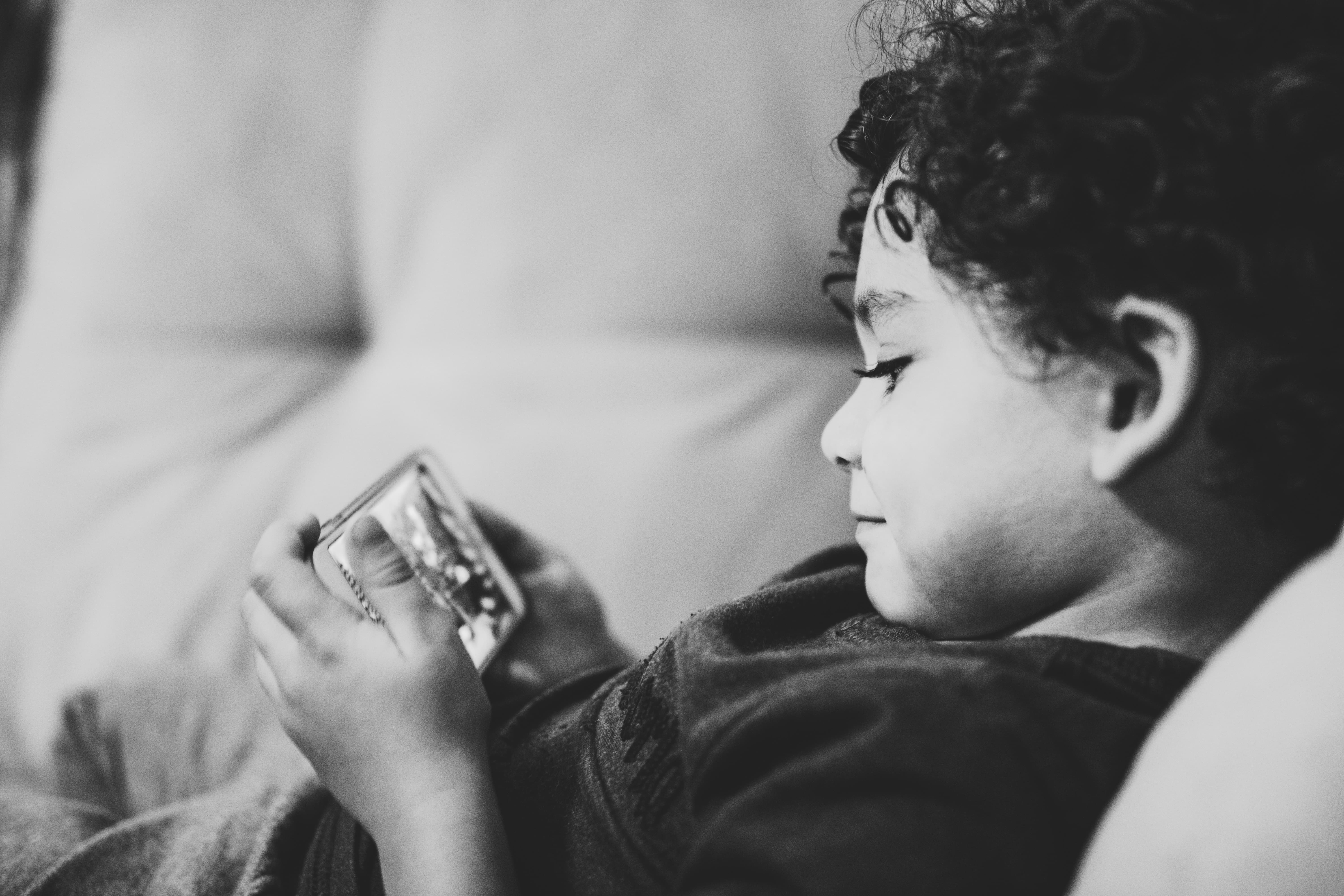(This post was written by Martin Lange, an SIL worker who trains national workers to use and create technology.)
I am a tormented man. Every day I wake up with a conflict raging in my soul, and I’m coming to the conclusion that there is no happy ending, no satisfactory reconciliation.
Here is the problem. Research continues to show that smartphones are bad for us. They affect our sleep patterns, artificially release dopamine in our bodies, create addiction, and encourage escapism. On top of all that, they encourage us to waste our time, which, once it is spent we never get back.
What’s worse is that for children under three years old, the phone actually damages the brain’s neural network, rather than building it*. When children should be running, balancing, jumping, tumbling and exploring their world **, they are now sedentarily gazing at a small screen, dragging their finger across it and tapping it. Instead of playing with other children and creating relationships, children are isolated from other humans, focusing on their device’s screen. Devices are being used as an electronic babysitter by parents who are oblivious to the havoc it is wreaking on their child’s brain.
When I give a workshop, I am emphatic that people should be building apps for indigenous children. And this is the reason for my torment. Every day, I spend my time and energy helping people build smartphone apps, knowing the device on which they will be using them is doing them harm.
So why am I encouraging people to engage with something I know is bad for them? Because I believe that the potential for good forces me to find ways to leverage this technology for God’s Kingdom. I have come to the conclusion that the benefits smartphones bring outweigh the potential dangers and destruction that comes along with them. I know that my target audience, indigenous children, will be using smartphones to learn about the world around them so I want to offer them content that will uplift them and their culture rather than destroy it.
To assuage my conscience, I explain to those in app building workshops the damage smartphones can do to children’s brains, and ask them to include audio suggestions like “Why don’t you turn the phone off now and go outside and play?”
Let me finish by explaining my logic with an analogy. We use cars, even though they are extremely dangerous and kill people every day. Not only do they crash and do people harm, they also pollute the earth, use up resources entrusted to us, and encourage vanity spending. Millions of people are harmed by cars every year because people use them irresponsibly.
On the other hand, cars carry us and our goods from one place to another quickly. A journey of several days on foot can be covered in a two hour journey. Owning a car opens up a world of possibilities for employment and leisure. Statistically, the chances of being in a car accident are slim. In short, the benefits of cars outweigh the negative aspects by a significant margin. The conclusion is similar with smartphones. The benefits outweigh the negative impact on our lives, but those benefits come at a cost.
In conclusion, I train people to build apps because I believe the Gospel “is the power of God that brings salvation to everyone who believes”*** and it’s worth sharing, even through a flawed and fallen technology.
But still, since I have no true resolution of the conflict, I will continue to live with this torment. Woe is me!
Martin Lange has been serving in SIL as an audiovisual media consultant since 1991. He’s currently the team leader for America’s Area Mobile Technology for Scripture Engagement, teaching people how to engage others with the Scriptures in their local language using smartphones.
——————————
We invite your feedback on this article. Email ims_vmn@sil.org to submit your comments and they will appear with your name (or pseudonym if you are in a sensitive area) in a follow-up article.
——————————
Footnotes:
** “Caution: Children Not At Play” Smart Moves: Why Learning Is Not All In Your Head, by Carla Hannaford, 2nd ed., Great River Books, 2005, pp. 75–77.
Further Reading:
Why You Are Addicted to Your Phone and What to Do
Evidence of Smartphone Addiction
Must See Video: Brain Hacking
